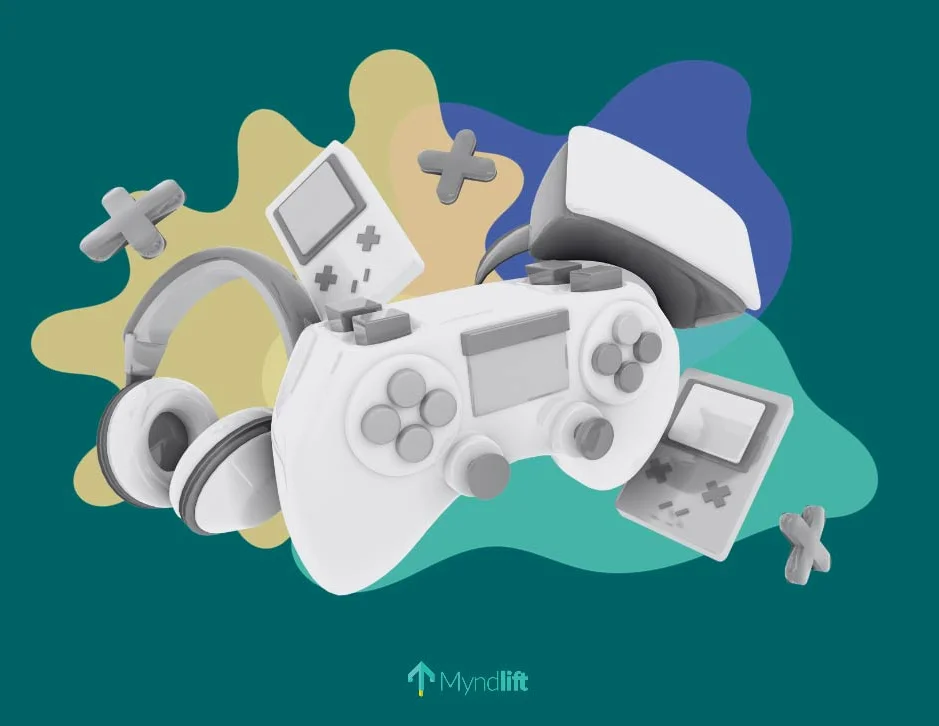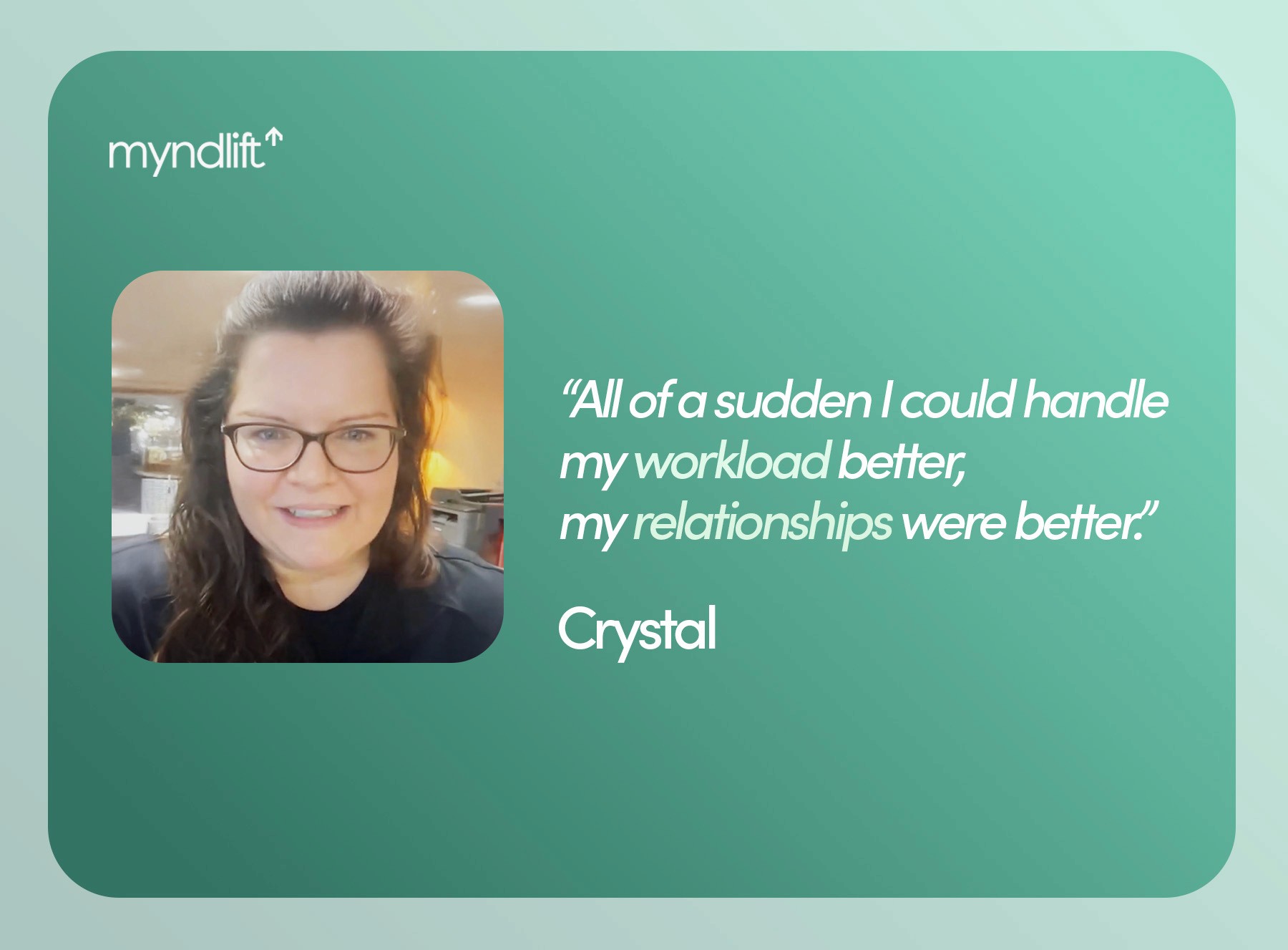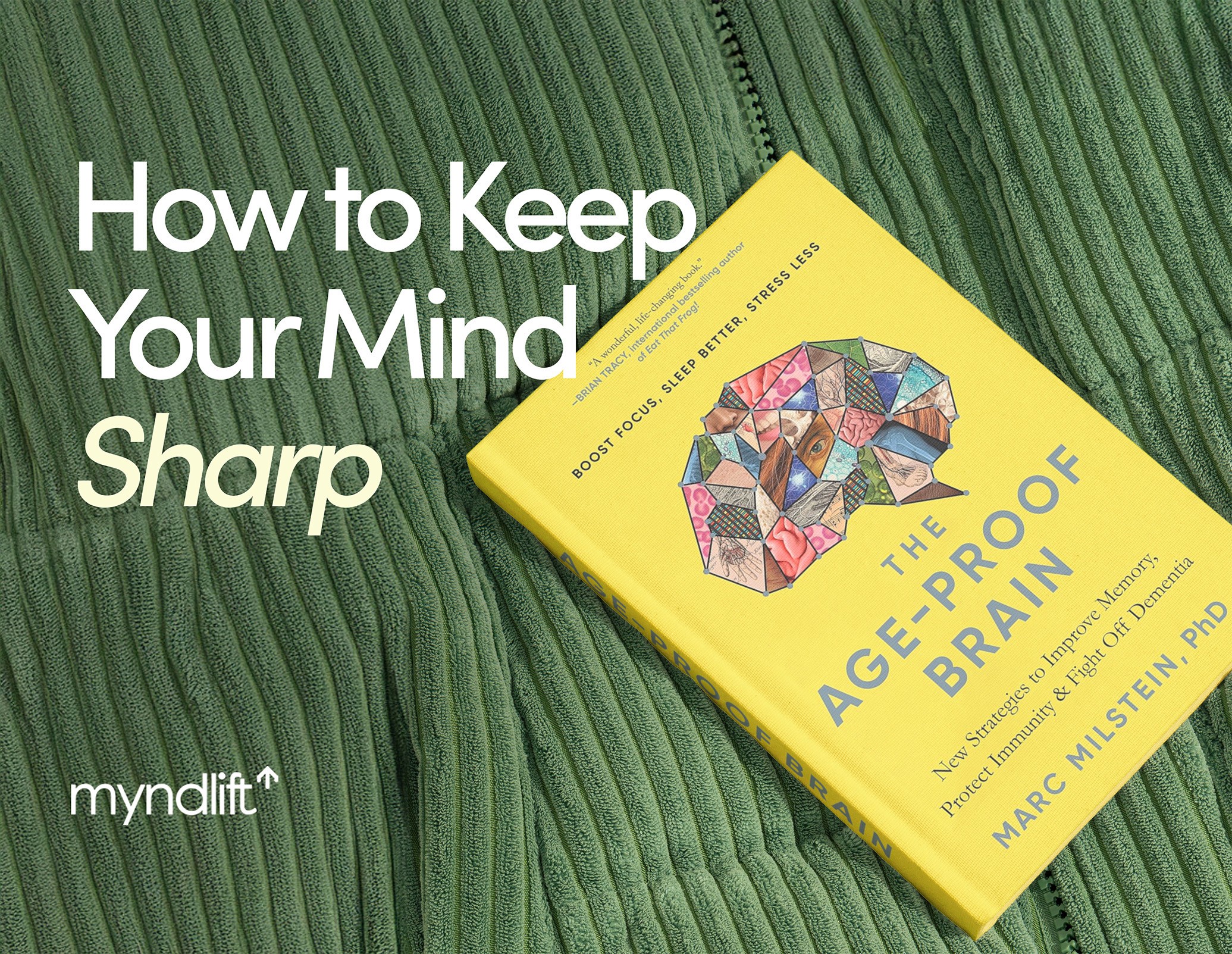For the sake of convincing our parents to let us “just finish one more level”, many of us dreamed of a world where playing video games wasn't just fun, but could make our minds sharper.
Today, that childhood fantasy takes on an unexpected twist as emerging research delves into the potential benefits of gaming. Surprisingly, it's not just about high scores and virtual adventures; it's about something far more impactful.
In fact, a recent study reported on some potential benefits of gaming, such as increased attention and improved cognitive skills, but research has also pointed out the therapeutic potential of gaming, including for those grappling with a condition as complex and debilitating as Post-Traumatic Stress Disorder (PTSD).
PTSD is a condition born from trauma – a relentless companion to those who have experienced harrowing events. It's characterized by symptoms that can negatively impact everyday life: flashbacks, anxiety, and hyperarousal.
According to current research, playing video games can help alleviate these symptoms. But can gaming truly provide solace and healing for individuals with PTSD? And if so, how does it work?
In this article, we'll cover the science behind using video games to reduce PTSD symptoms and break down how personalized brain training can help:
Playing Tetris to Reduce the Occurrence of Flashbacks
You're going about your day, and then, out of nowhere, you're taken back to that scary or upsetting moment as if the traumatic event is happening all over again.
These mental images, commonly known as flashbacks, can be triggered by things that remind you of the trauma, like a sound, a smell, or even a place, and make your everyday life difficult.
Some common remedies for reducing flashbacks include Cognitive Behavioral Therapy (CBT) or medication, and grounding techniques. Surprisingly, however, current research also shows that playing Tetris within 72 hours of a traumatic event may reduce incidences of intrusive memories for up to 5 weeks.
Researchers hypothesize that the reason behind this reduction is that the visual-spatial demands of Tetris may disrupt the formation of the mental imagery involved in flashbacks.
In simpler terms, when you're focused on fitting the blocks together in the game, your brain has less space to create and replay distressing images from the trauma. So, the premise is that Tetris can keep your mind occupied in a specific way, making it less likely for traumatic flashbacks to happen later.
However, it’s important to note that more research with larger samples and longer follow-ups is needed to confirm these findings.
Gaming to Connect
According to the psychiatrist and author Dr. Bessel Van der Kolk, positive relationships with others are fundamental to our well-being. People who have experienced trauma may find peace and recover through their relationships with family, friends, and partners.
In fact, even online gaming communities may forge positive relationships and provide a sense of belonging, which can help you improve your mental health.
For example, in many online games, players work together toward common goals, whether it's completing quests, winning battles, or achieving in-game objectives. This sense of shared purpose can foster a feeling of teamwork and camaraderie.
Furthermore, online gaming communities offer a social space where individuals can interact and communicate with others without the pressure of in-person socializing. This can be particularly appealing if you struggle with face-to-face interactions due to PTSD-related anxiety or other symptoms.
Nowadays, you can find robust online communities, interact with streamers, and form friendships spanning several games. However, it's important to note that not all online gaming communities are equally supportive or safe. Therefore, you should be cautious and choose gaming communities that promote positive and respectful interactions.
Using Video Games as Cognitive Training Tools
Traumatic memories can intrude on your daily life, leading to difficulties in concentrating on tasks and recalling non-traumatic information. Moreover, symptoms such as hyperarousal and hypervigilance can make it challenging for you to focus, leading to distractibility and difficulty maintaining attention.
PTSD symptoms can also affect your ability to think flexibly and find effective solutions to problems, potentially hindering your problem-solving skills.
According to research, while they should not replace evidence-based therapeutic approaches, video games can be incorporated as complementary tools to help you improve your problem-solving skills and attention control.
For example, puzzle games, including crossword puzzles, Sudoku, and logic puzzles, require players to analyze problems, devise strategies, and think critically. Engaging in these games may help you improve your problem-solving abilities, which can be compromised by the cognitive effects of trauma.
However, while there is some evidence supporting the cognitive benefits of video games, the research is still in its infancy, and more rigorous studies are needed to establish the effectiveness of video games as cognitive training tools, as well as their potential relevance for people who struggle with PTSD.
A Personalized and Evidence-Based Approach to Use Gaming for PTSD
Not all games are equally effective for everyone. Most commercial video games are not designed to address the specific cognitive and emotional needs of individuals with PTSD, and they are typically created for entertainment, so they may not provide the necessary therapeutic elements. In fact, some may even be harmful, promote addiction, and can be considered triggering to individuals who experienced trauma.
That's where neurofeedback comes in.
Neurofeedback is a type of guided, personalized, brain training that uses real-time feedback to enable you to regulate your brain activity. This is typically done through the use of sensors, called electrodes, placed on the head to measure electrical activity in the brain (brainwaves). This electrical activity is associated with your different levels of consciousness, including anxiety, alertness, sleep, or focus, and it can provide insights about your current mental state.
The real-time feedback of your brainwave activity is provided using visual (games/videos) and/or auditory (sound effects/music) cues on a computer or a mobile screen.
These cues let you know when your brain is not in the target state – whether you're unfocused, anxious, stressed, etc. – the volume may decrease, or the images on the screen may become less focused or more difficult to see.
On the other hand, when the optimal state is achieved, your brain is rewarded by your player moving faster or the volume going back up.
Over time, with practice and consistency, your brain can learn to associate the target brain activity with the reward, thereby regulating it to be in an optimal state – to improve focus or reduce stress and anxiety.
Eventually, the ability to regulate brainwaves can have a great impact on everyday situations. For example, you may find it easier to stay calm in stressful situations, like when you're struggling with difficult emotions and traumatic memories.
What Are Neurofeedback Games?
In the past, the games used in conjunction with neurofeedback often lacked engagement and interactivity. These early games were rudimentary and had limited appeal, making the overall brain training experience less enjoyable and motivating.
However, the landscape has drastically changed. For example, with at-home neurofeedback platforms like Myndlift, you can play immersive, enjoyable, and engaging games on your phone, such as "The Runner," where your player runs faster than the opponent when your brain activity is in the optimal range, or even make a game out of streaming shows on Netflix, just like Kirk Cousins does in the fourth episode of the Netflix show Quarterback.
In the show, you can see him sitting in his car and streaming Forensic Files on his phone while wearing a headset that measures his brainwave activity. His mobile screen dims or brightens depending on his brain activity, which allows him to see or hear his brain activity in real time. That's how his brain learns to self-regulate.
Conclusion
While there is promising research that suggests video games may offer relief and enhanced cognitive skills for those struggling with PTSD symptoms, it's important to remember that more rigorous and comprehensive studies are needed to solidify their effectiveness.
And while neurofeedback for PTSD stands as a beacon of hope – a beacon grounded in science and supported by evidence, there is no one-size-fits-all solution. The key is to seek guidance from mental health professionals who can navigate this terrain with you.
Remember, gaming can be a valuable supplementary tool, but it should always be under the guidance and supervision of qualified professionals. With the combined power of their expertise and scientifically grounded tools, you might level up your mental health and ultimately emerge stronger and more resilient than ever before.
Myndlift provides a personalized expert-guided brain training program that can help you increase calm and improve focus. Download the Myndlift app for iOS or Android and explore a range of video games created specifically for peak brain performance.
About the author:
Dubravka Rebic
Dubravka Rebic puts a lot of time and energy into researching and writing in order to help create awareness and positive change in the mental health space. From poring over scientific studies to reading entire books in order to write a single content piece, she puts in the hard work to ensure her content is of the highest quality and provides maximum value.
About the checker:
Kaija Sander, Ph.D.
Kaija Sander is a cognitive neuroscientist and scientific consultant for Myndlift. She holds a BSc in Biomedical Science with a specialization in Neuroscience and Mental Health from Imperial College London and a PhD in Neuroscience from McGill University. Her doctoral research focused on brain connectivity relating to second language learning success. She is passionate about the broader applications of science to have a positive impact on people’s lives.
References
Sampalo M, Lázaro E, Luna PM. Action Video Gaming and Attention in Young Adults: A Systematic Review. J Atten Disord. 2023 Mar;27(5):530-538. doi: 10.1177/10870547231153878. Epub 2023 Feb 13. PMID: 36779519.
Colder Carras M, Kalbarczyk A, Wells K, Banks J, Kowert R, Gillespie C, Latkin C. Connection, meaning, and distraction: A qualitative study of video game play and mental health recovery in veterans treated for mental and/or behavioral health problems. Soc Sci Med. 2018 Nov;216:124-132. doi: 10.1016/j.socscimed.2018.08.044. Epub 2018 Sep 24. PMID: 30257787; PMCID: PMC6193255
Ting-Sheng Weng, "Enhancing Problem-Solving Ability through a Puzzle-Type Logical Thinking Game", Scientific Programming, vol. 2022, Article ID 7481798, 9 pages, 2022. https://doi.org/10.1155/2022/7481798
Boot WR, Kramer AF, Simons DJ, Fabiani M, Gratton G. The effects of video game playing on attention, memory, and executive control. Acta Psychol (Amst). 2008 Nov;129(3):387-98. doi: 10.1016/j.actpsy.2008.09.005. Epub 2008 Oct 16. PMID: 18929349.





